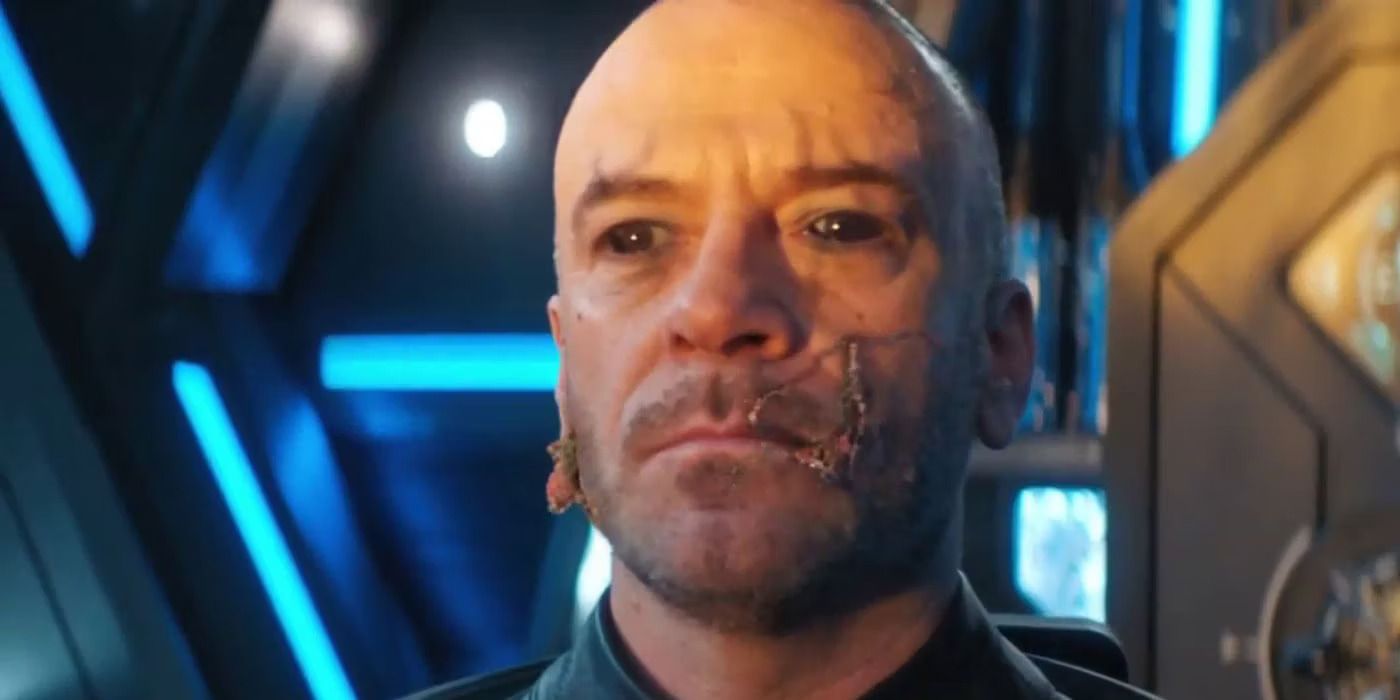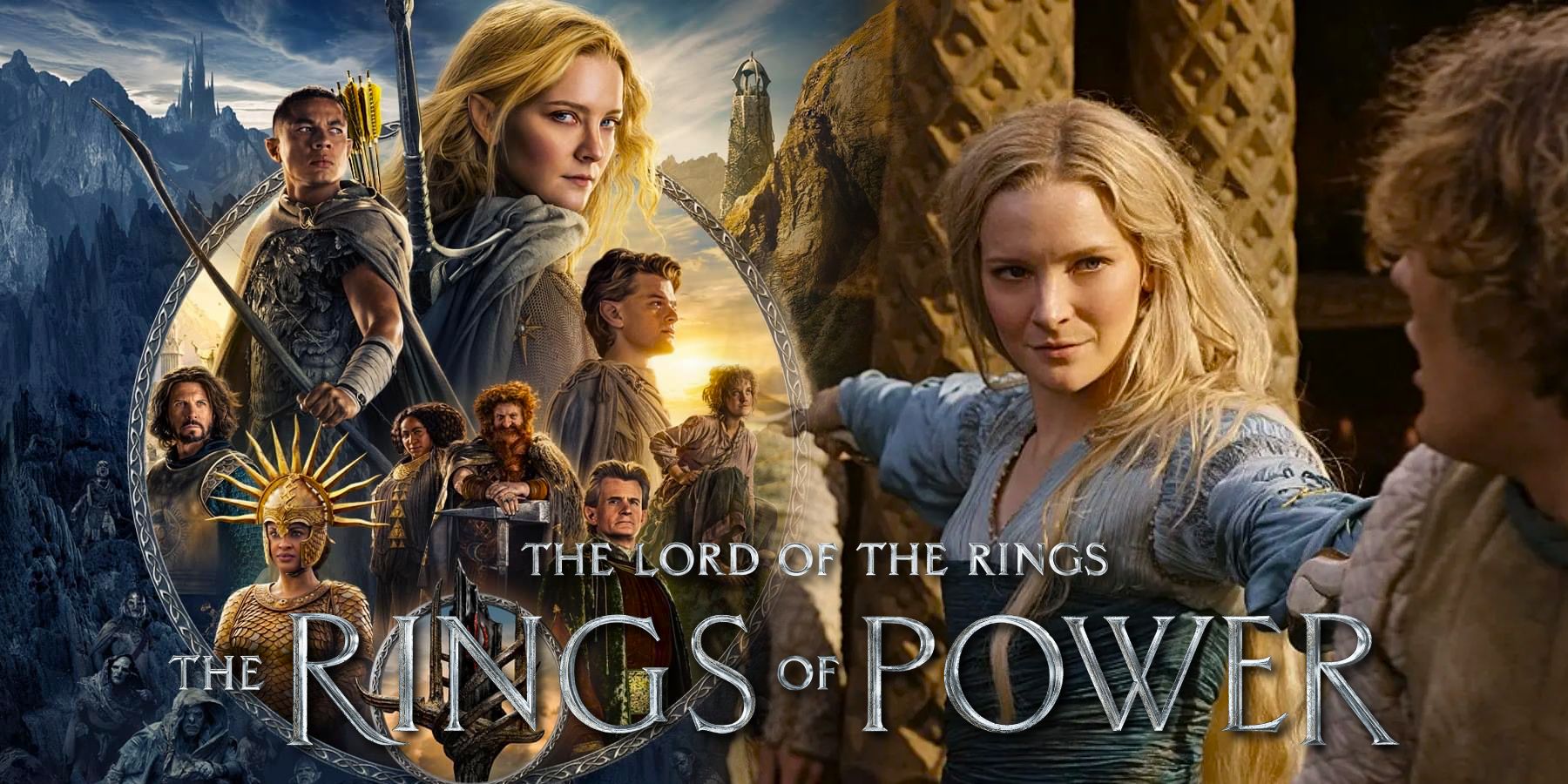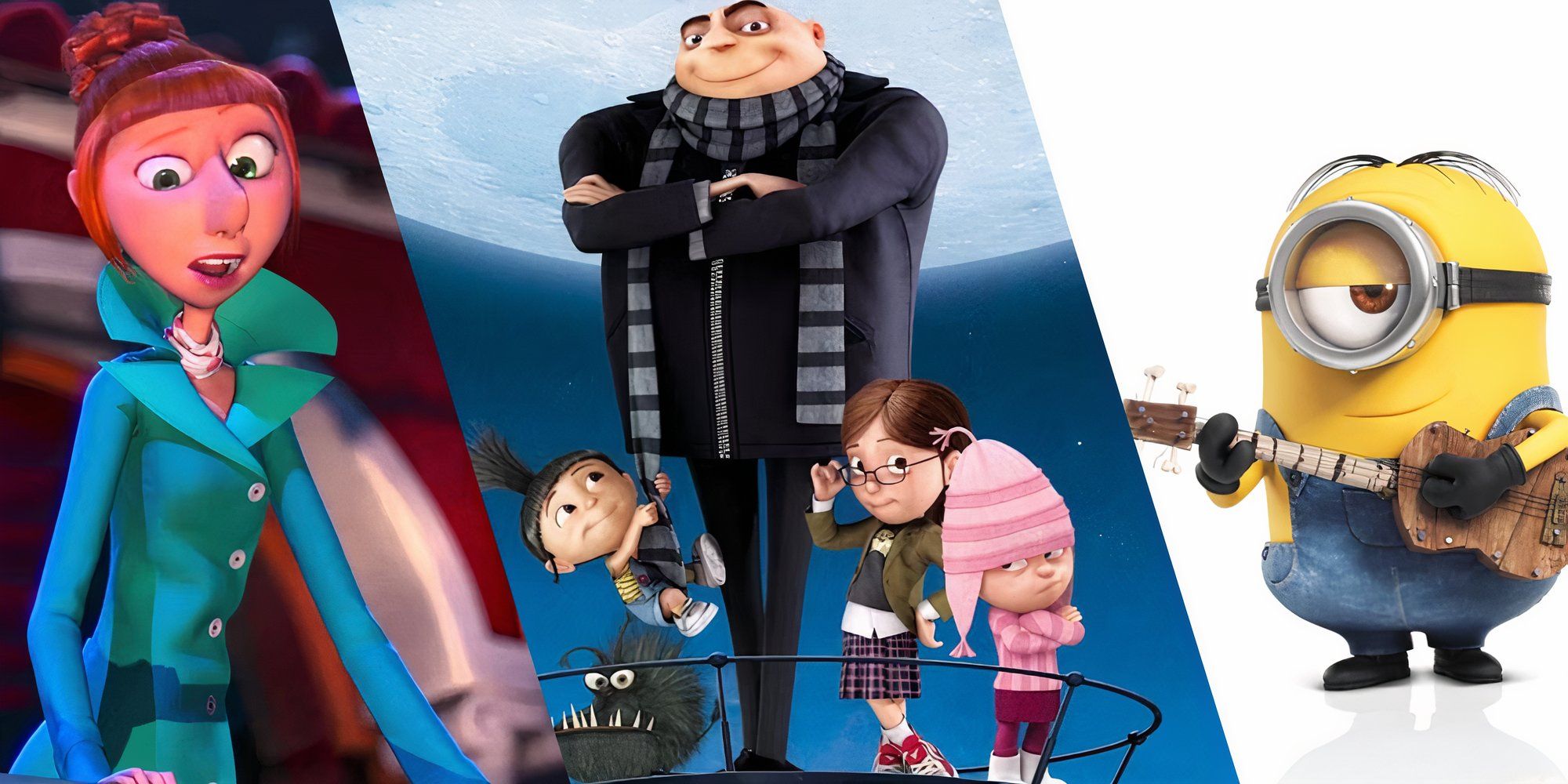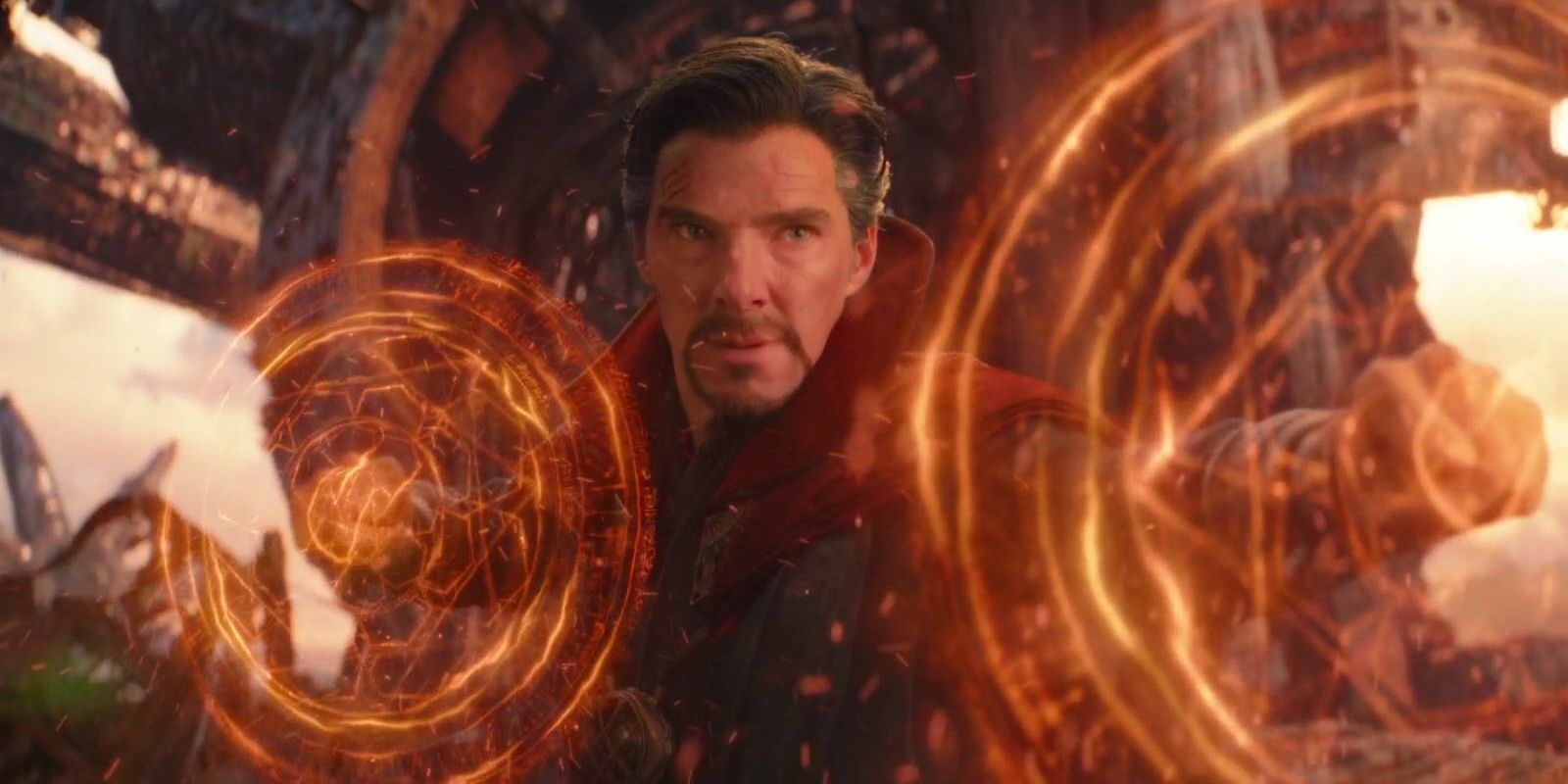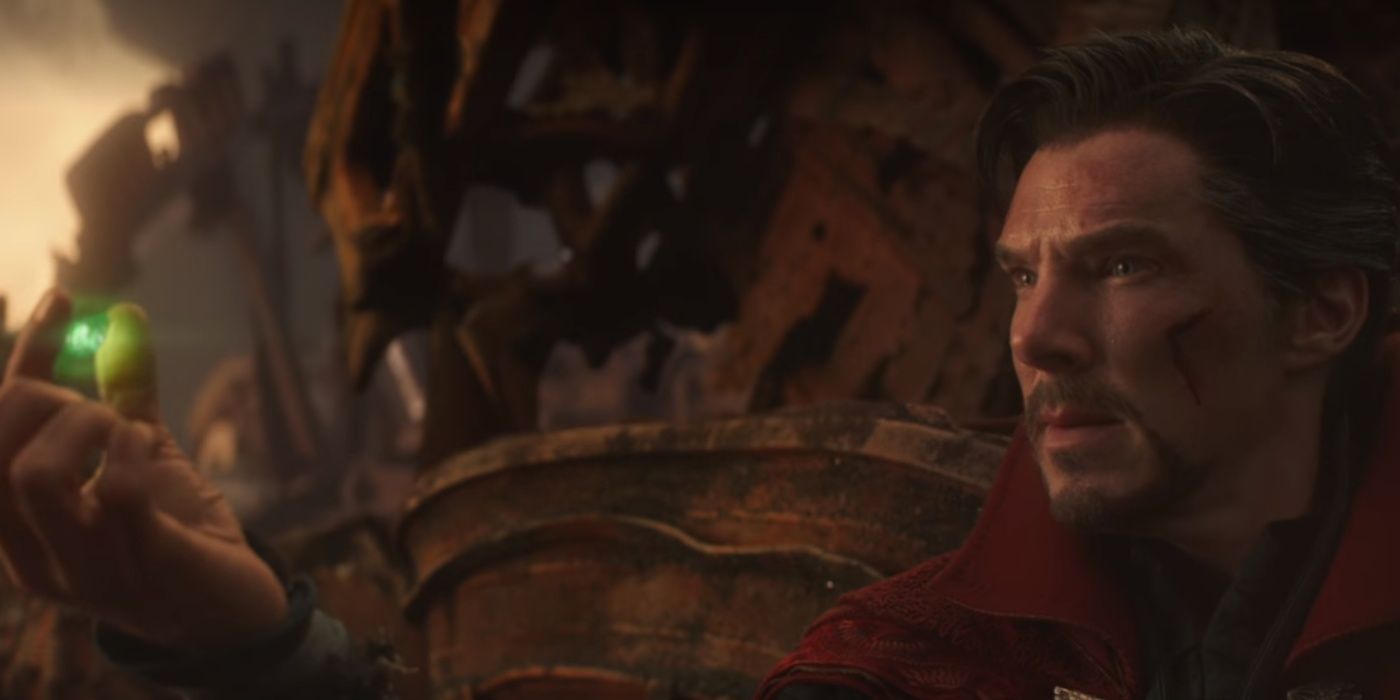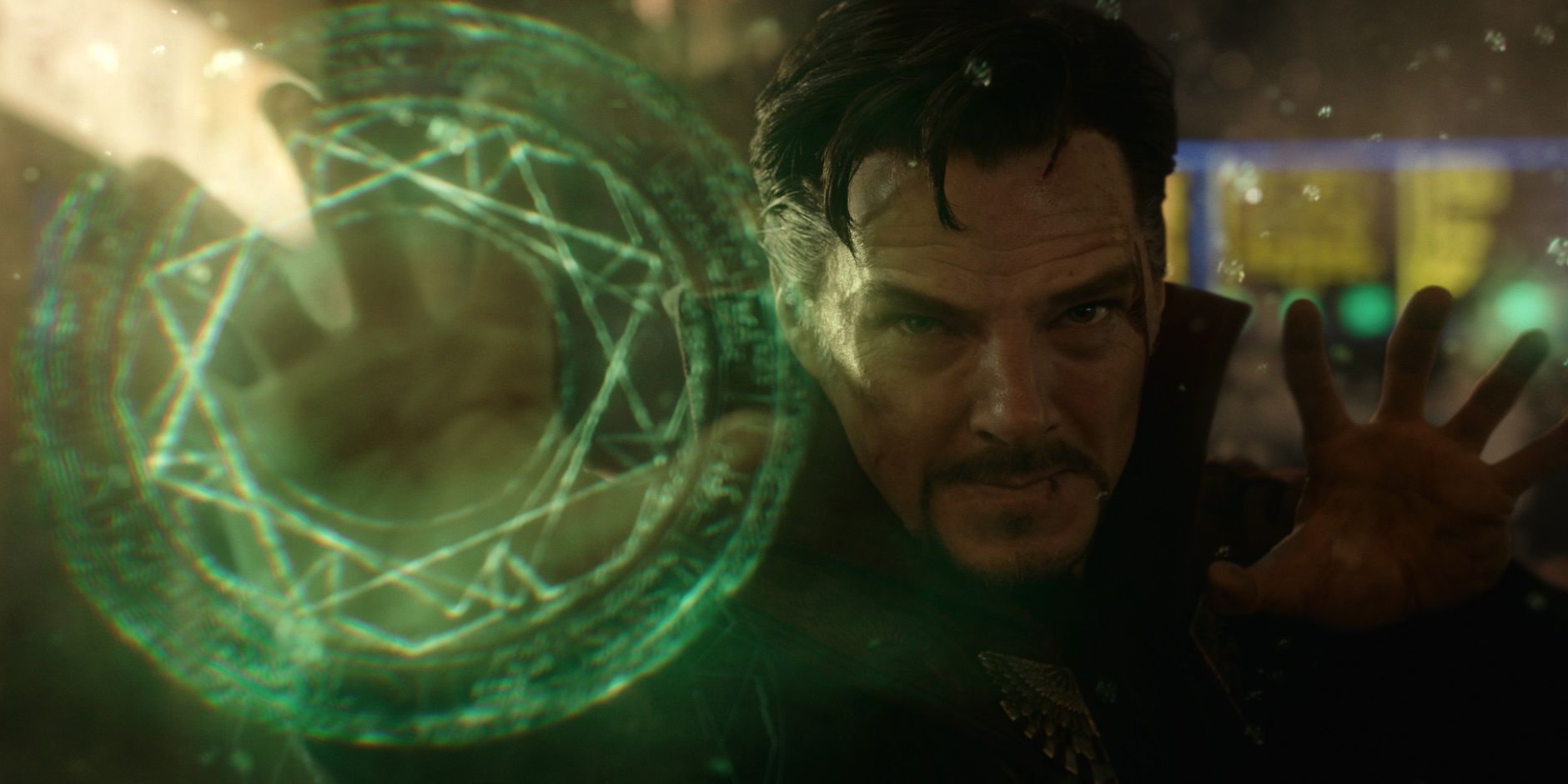Though fans were excited to have Doctor Strange in the MCU, his first solo movie didn't exactly make him the most interesting hero in the cinematic universe. Doctor Strange served as an origin story for how the renowned surgeon Stephen Strange started his path of becoming the Sorcerer Supreme. It's a unique origin tale that seemed like a logical starting point for the character as well as a way of introducing the mystical side of the MCU for the first time.
However, the movie had to do a lot of the heavy lifting of an origin story which didn't allow for a lot of time to really develop Strange as an interesting hero. It also didn't help that, to many fans, he felt like a clone of Tony Stark. As a result, Doctor Strange didn't feel as exciting as some of the MCU's newest heroes. Thankfully, Strange's role in Avengers: Infinity War not only cleared up some of these issues, but it also introduced some exciting new elements to the character.
Without the confines of an origin story, Strange felt like a richer and more distinct character. In Infinity War, he is an established sorcerer, no longer blindly following the other more experienced characters and asking questions. He feels knowledgeable about the mystic arts and takes his role extremely seriously. This sort of authority figure role for Strange made him feel like the intelligent hero fans had been expected rather than the arrogant and impatient one in his solo adventure. The fact that Strange also got to go head-to-head with Tony Stark in the movie helped show that these heroes were actually very different.
Aside from making Strange feel like his own character this time around, Infinity War also gave him some impressive and interesting new developments. While the mystical fight scenes in the first Doctor Strange movie were fun, they didn't feel like they were using magic in the MCU to its full potential. However, Strange's showdown with Thanos on Titan really showed how far his powers had evolved and how fun they could be. Strange proves to be one of the heroes most capable of standing against the Mad Titan and their fight is perhaps the best action sequence in the entire movie. But as fun as it was to see Strange's new bag of tricks, what really makes him interesting in this movie is his conflict as a hero.
Steve Rogers is the quintessential hero of the MCU and someone who will do everything he can to protect good people from evil. When it becomes clear what Thanos's plan is, Vision suggests they might have to destroy him and the Mind Stone in order to ensure Thanos doesn't get it himself. However, Steve won't hear of it and says "We don't trade lives." It is a noble sentiment that fits with Steve's endearing nature. But in Infinity War, Doctor Strange is given an entirely opposite point of view as a hero. While the other heroes are concerned with saving the day, Strange is concerned with saving reality itself.
As Strange heads to Titan with Stark and Peter Parker, he tells Stark that his first priority is protecting the stone and he will let both Stark and Peter die if need be. It is a dark stance for a hero to take and it's hard not to believe Strange when he says it. Initially, Strange's warning to Stark feels like a lazy set-up for his arc in the movie as it becomes obvious he will attempt to save Stark's life at some point showing that he wasn't so callous. Sure enough, this happens when Strange gives Thanos the Time Stone in order to spare Stark's life. This feels like a foolish move and uncharacteristic of Strange, but as it turns out, he really was sacrificing Stark's life to ensure their victory.
While on Titan, Strange uses the Time Stone to look at the various realities and possible outcomes of the coming battle. He sees that out of endless versions, there was only one in which they win. Given what happens in Avengers: Endgame, it seems that Strange saw that Stark would have to be the one to give his life in order to defeat Thanos. By saving his life on Titan, Strange knows that Stark will survive "the blip," start a family with Pepper, and have a good life for five years before having to die. By giving Thanos the stone, Strange is helping to ensure that will happen. Before fading away in the blip, Strange tells Stark, "There was no other way." At the time, it feels like an apology for giving up the stone, but in retrospect, it is clear that it is an apology for what will happen to Stark. While he was willing to doom Stark to beat Thanos, that decision weighs heavily on him.
It is an interesting dilemma for a hero to face and a test most of the MCU heroes would fail. If Steve Rogers saw that the only path for victory was Stark's death, he would likely not accept that and do everything he could to change the future. But Infinity War proves that Steve's traditional heroism doesn't always work. "We don't trade lives" is a nice idea, but it fails. Vision is killed, Thanos gets the Mind Stone, and half the universe is wiped out. That is a steep price to pay for Steve's honorable sentiment. Strange seems to understand sacrifice more and is willing to make those tough choices.
It also is an interesting conflict with this previous life as a doctor. Where he once took an oath to do everything in his power to save lives, he is now in a position where he must choose which lives are expendable. Even with all of his visually stunning powers, this is the most interesting aspect of Doctor Strange and one that will hopefully be explored in Doctor Strange in the Multiverse of Madness.

